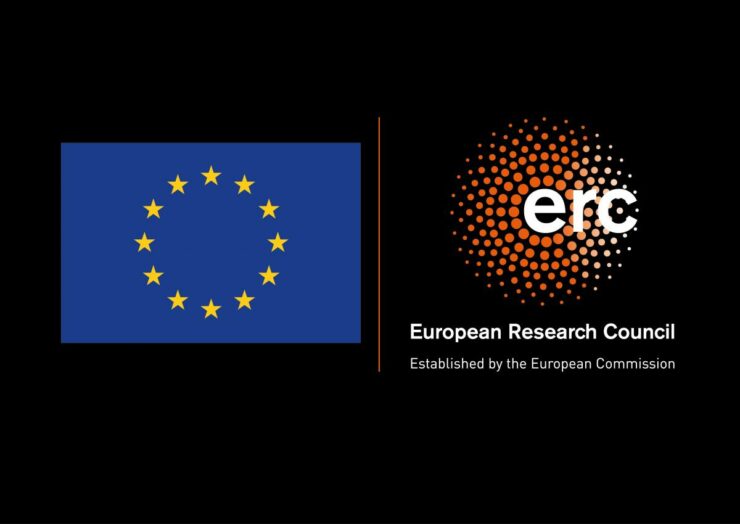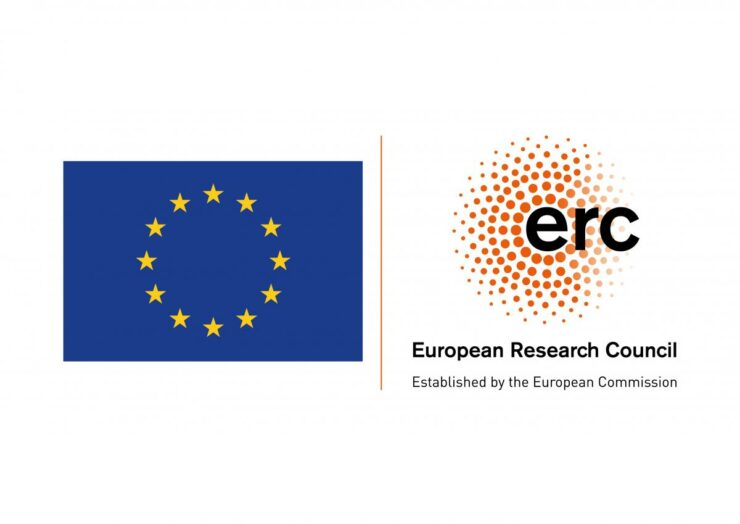Economic Theories of the Corporation
This subproject aims to develop an empirically informed approach to the political theory of the firm by mobilizing several social scientific resources and critically engaging with them. One core focus of the subproject is to investigate whether and why workers’ counterproductive behavior in the firm can constitute a form of resistance to illegitimate managerial power. Economic theories of the firm typically condemn counterproductive behaviour on the grounds that it is inimical to efficiency. This implicitly normative depiction of the firm relies on certain controversial value judgments and conceptualizations. For instance, the team production theory contends that minimizing disruptive behavior in production serves the common good of all parties including workers. I criticize this framework, and develop a more adversarial and actor-oriented conception of the firm by utilizing the empirical literature on the sociology of work and everyday resistance. In this view, the political theory of the firm should be theorized from the perspective of structurally dominated workers under actually existing capitalism. Building upon this methodological approach, I explore how counterproductive and disruptive behaviour, such as shirking, can be a valuable weapon of worker resistance in ways that economic theories fail to acknowledge.
The project also examines more applied aspects of the firm as a political entity. Specifically, I research Big Tech corporations’ techno-political powers in the public sphere, and whether such powers distinguish them from typical firms. These questions have important implications about the extent to which economic considerations, e.g., efficiency and wealth-creation, should play an authoritative role in the governance of such corporate entities. I investigate whether the distinctively political nature of Big Tech corporations justifies a shift in our normative orientation, leading to the view that their democratic legitimation should override economic considerations.
This project is researched by Ugur Aytac.



